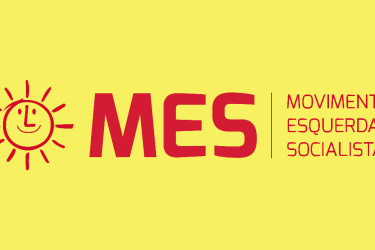Socialist Left Movement/PSOL - The left candidate Lula da Silva won the first round with 48.4% of the vote (57,259,504 votes) against 43.2% for his right-wing opponent Jair Bolsonaro (51,072,345 votes): an advantage of about 6 million votes. However, what marked the result - contrary to the expectation created by all the opinion polls - was that Bolsonaro did much better than predicted.
Workers Party (Brazil)
April 16, 2016 -- Links International Journal of Socialist Renewal -- Over 700,000 Brazilians took to the streets on March 31 across dozens of cities in Brazil in defence of democracy. The demonstrations were called by the Popular Front of Brazil, of which the Landless Workers Movement (MST) is a key part. The demonstrations demanded an end to the impeachment proceedings against President Dilma Rousseff, which protestors say is equivalent to a coup.
Below, Links International Journal of Socialist Renewal is republishing two articles reflecting the views of the MST on the current political crisis in Brazil which have been translated by Friends of MST. The first is the MST's analysis of the origin of the political crisis and the role of the social movements and working class in this struggle. The second was written by MST leader João Pedro Stedile, and looks at how the crisis has been accompanied by rising rural violence, including the killing of two farm workers on Thursday April 7.